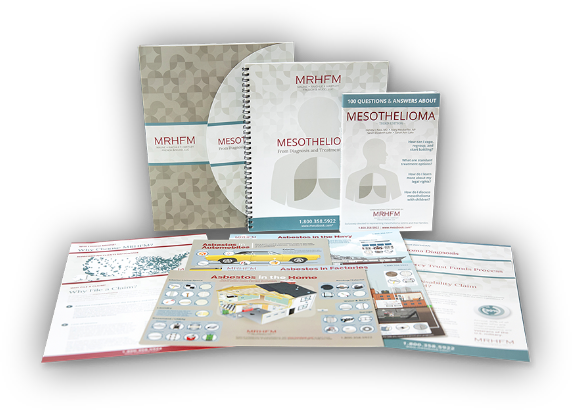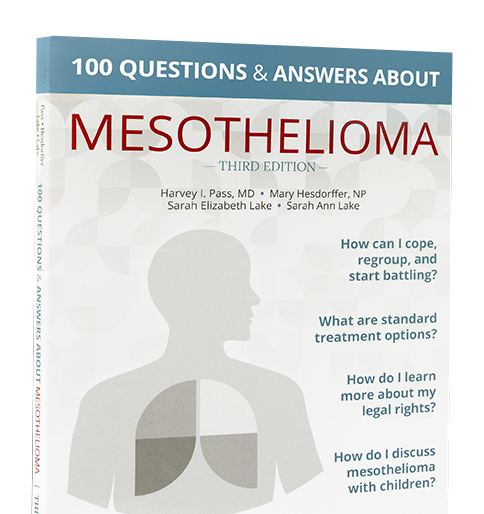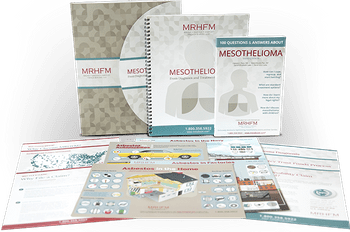While the earliest known reference to music therapy appeared in Columbian Magazine in 1789, this complementary therapy wasn’t popular until the 20th century when both amateur and professional community musicians visited Veterans hospitals around the country to play for the thousands of service members suffering physical and emotional trauma from the wars. According to the American Music Therapy Association (AMTA), “patients' notable physical and emotional responses to music led the doctors and nurses to request the hiring of musicians by the hospitals. It was soon evident that the hospital musicians needed some prior training before entering the facility and so the demand grew for a college curriculum.”
Since then, the positive effects of music therapy have been studied in patients with conditions from breast to lung cancer, with many cancer centers integrating music therapy into their support programs as a result. Huntsman Cancer Institute at University of Utah, MD Anderson Cancer Center at University of Texas, and Southwestern Medical Center, also at University of Texas, are just a few.
According to CancerCare, music therapy:
- Eases pain
- Lessens stress
- Reduces depression
- Manages anxiety
- Causes patients to enter a meditative state
Studies have also shown that music can stimulate brain waves to act in sync with the sounds, called entrainment. “A faster beat causes more alert concentration,” reports CancerCare. “Research has also shown that the same neurotransmitter used by the brain to send sensations of pain is also stimulated by sound; when both happen at the same moment pain may not feel as intense.”
So what exactly is music therapy? The American Music Therapy Association (AMTA) defines music therapy as the clinical and evidence-based use of music interventions to accomplish individualized goals by a credentialed professional who has completed an approved music therapy program. Music therapy may include composing personalized songs, improvisation, interpreting lyrics, listening to music with patients, and singing to the patient.
During a typical music therapy session, music therapists will assess how patients are coping with their diagnosis, how they are handling the day’s appointment and what, in general, is on their mind, says UT Southwestern. Next, the therapist will determine the type of music the patient likes and if they would like to sing, play music, write music, all of the above or nothing at all. Maybe the patient would just like to listen, in which case, the therapist may sing for the patient, play for the patient or both.
No musical experience is required to participate in or reap the benefits of music therapy and it is generally offered at no cost. After treatment is complete, patients leave with the tools needed to continue enjoying the benefits at home and through the rest of the recovery process.
If you have been diagnosed with mesothelioma, complementary therapies such as music therapy may help ease the symptoms of the disease and the unpleasant side effects associated with treatments. Talk to your doctor about the complementary therapies available to you today.
Sources
Alvarado, Alex, Michael Richardson and Ingrid Sevy. “Music Therapy Helps People With Cancer.” MD Anderson Cancer Center. The University of Texas MD Anderson Cancer Center, 04 Mar. 2011. Web. 02 Sep. 2019.
Dickens, Richard. “Music, Drumming, Vibration: Tools to Help Maintain Balance for Cancer Patients and Caregivers.” LungCancer.org. CancerCare, 2019. Web. 02 Sep. 2019.
“Five Ways Music Therapy Can Help During Cancer Treatment.” Huntsman Cancer Institute at the University of Utah. University of Utah Health, 14 Jun. 2017. Web. 02 Sep. 2019.
“History of Music Therapy.” MusicTherapy.org. The American Music Therapy Association (AMTA), 1998-2019. Web. 02 Sep. 2019.
“How music can help you heal.” Harvard Health Publishing. Harvard Medical School, Feb. 2016. Web. 02 Sep. 2019.
Kendall, Jeffrey and Christina Stock. “Music therapy comforts cancer patients.” UT Southwestern Medical Center. The University of Texas Southwestern Medical Center, Southwestern Health Resources, 19 Aug. 2015. Web. 02 Sep. 2019.
“What is Music Therapy?” MusicTherapy.org. The American Music Therapy Association (AMTA), 1998-2019. Web. 02 Sep. 2019.






